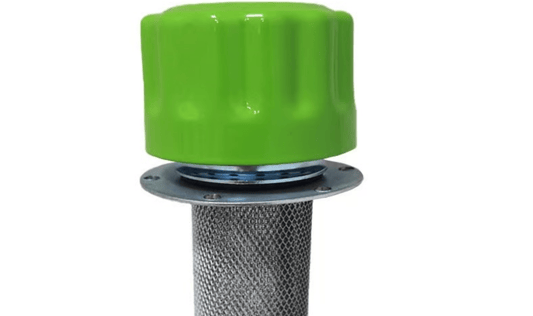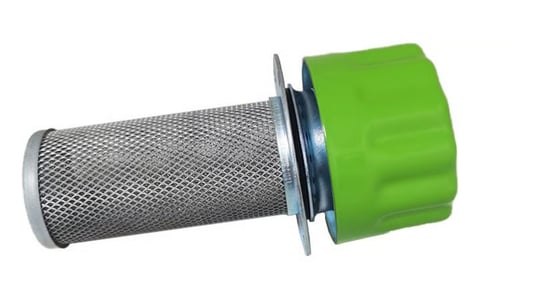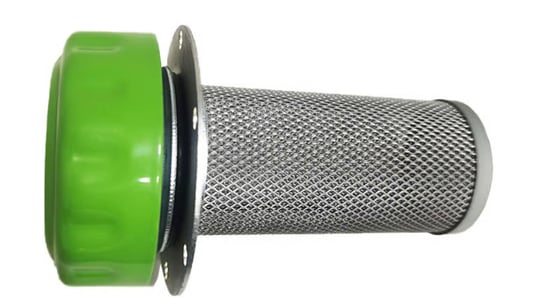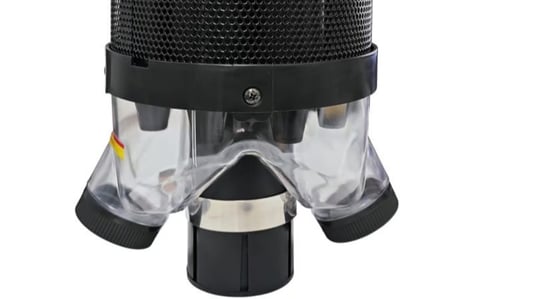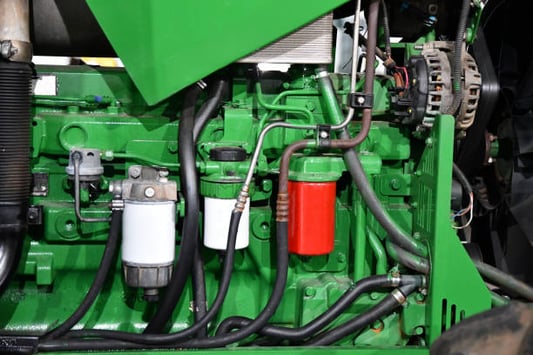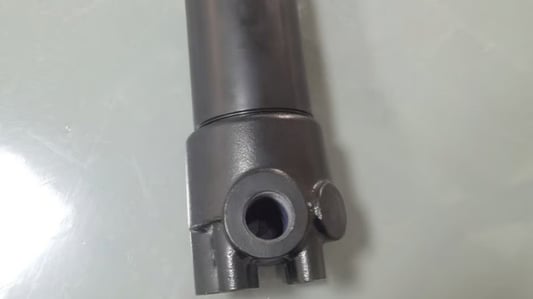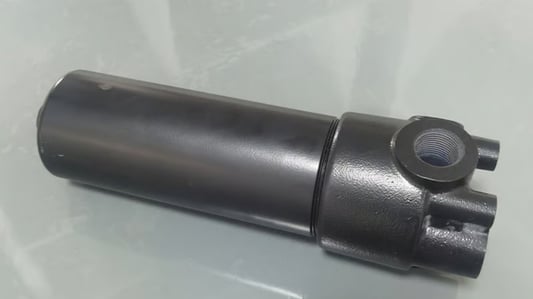Types of air purifier filtersWhen it comes to air purifiers, there are several different types of filters to choose from. Some of the most common options include HEPA filters, activated carbon filters, and pre-filters. Each type of filter targets different contaminants in the air, so it's important to choose the right one for your specific needs.Benefits of HEPA FiltersHEPA filters are known for their ability to capture 99.97% of particles as small as 0.3 microns. This makes them incredibly effective at removing dust, pollen, pet dander, and other allergens from the air. If you suffer from allergies or asthma, a HEPA filter can make a significant difference in your indoor air quality.Activated Carbon Filters for Odor RemovalActivated carbon filters are excellent at trapping odors, gases, and volatile organic compounds (VOCs) in the air. If you have pets, cook frequently, or live in a highly polluted area, an air purifier with an activated carbon filter can help keep your home smelling fresh and clean.UV-C Technology for Germ EliminationSome air purifiers come equipped with UV-C light technology, which can kill germs, viruses, and bacteria that are floating in the air. This is especially beneficial during cold and flu season, as it can help prevent the spread of illness within your household.Importance of Regular Filter ReplacementIn order for your air purifier to work effectively, it's crucial to replace the filters on a regular basis. Over time, filters can become clogged with pollutants, reducing their efficiency. Be sure to follow the manufacturer's recommendations for filter replacement to ensure optimal performance.Choosing the Right Size FilterWhen shopping for air purifier filters, it's essential to select the correct size for your specific purifier model. Using the wrong size filter can lead to gaps in filtration, allowing contaminants to bypass the filter and remain in the air. Check your purifier's manual or the manufacturer's website for guidance on the appropriate filter size.DIY Filter Cleaning TipsWhile most filters are designed for replacement, some can be cleaned and reused multiple times. If you have a washable filter, be sure to clean it regularly to maintain optimal performance. Simply follow the manufacturer's instructions for cleaning and drying the filter properly.Filter Lifespan and Replacement CostsThe lifespan of an air purifier filter can vary depending on usage and environmental factors. Some filters may need to be replaced every 3-6 months, while others can last up to a year. Consider the long-term costs of filter replacement when purchasing an air purifier to ensure it fits within your budget.HEPA vs. Carbon FiltrationBoth HEPA and activated carbon filters have their own strengths and weaknesses. HEPA filters are best for capturing allergens and fine particles, while carbon filters excel at removing odors and chemicals. Some air purifiers combine both types of filters for comprehensive filtration.Enhancing Filtration with Pre-FiltersPre-filters are often used in conjunction with HEPA or carbon filters to extend their lifespan and improve overall performance. These preliminary filters capture larger particles like hair and dust, preventing them from reaching the main filter. Consider adding a pre-filter to your air purifier for enhanced filtration.Quote InquiryContact us!


